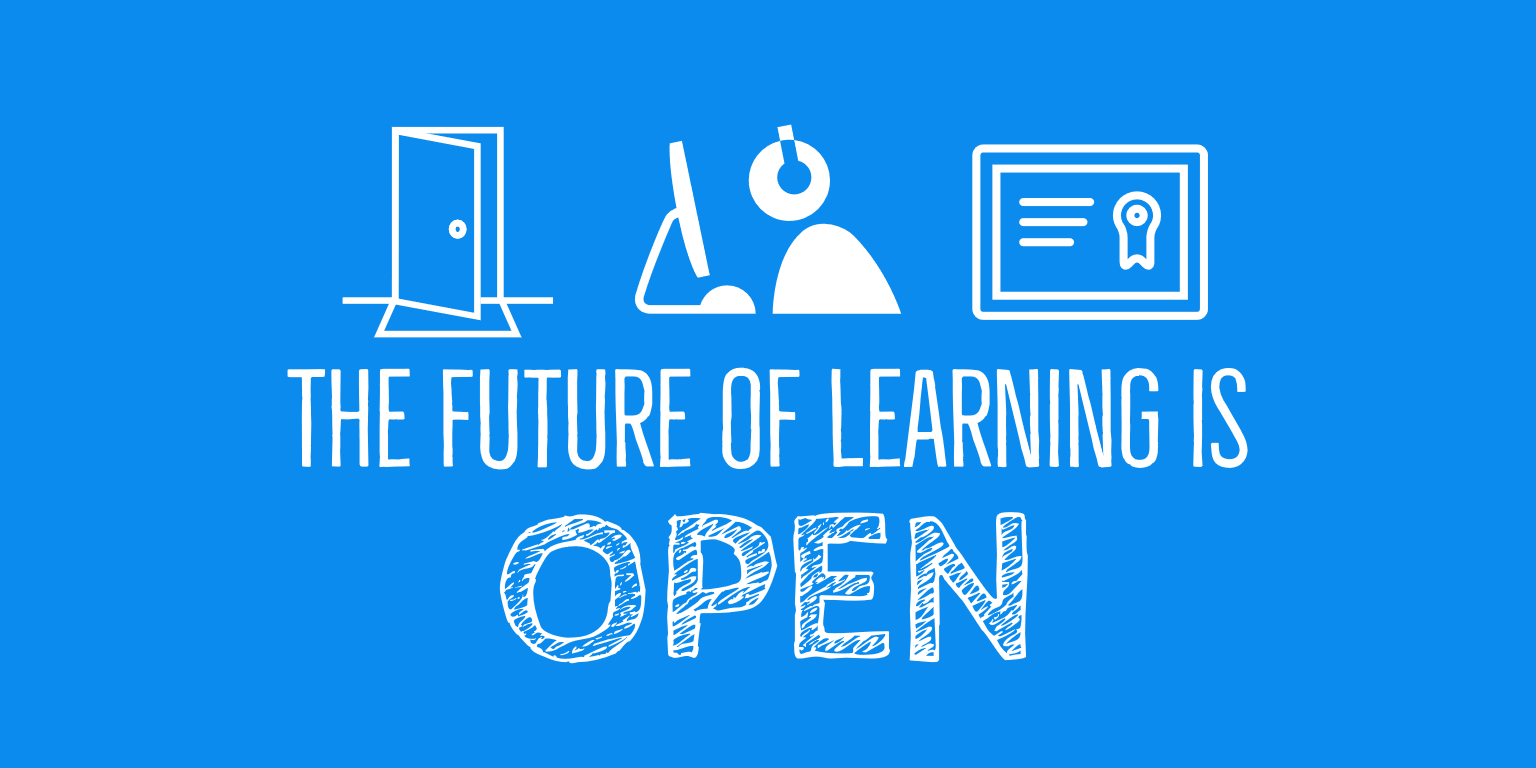This post is also available on LinkedIn here.
Last week, I attended the Future of Learning Conference 2019 organized by Indian Institute of Management, Bangalore and Indian Institute of Technology, Bombay. It is an annual event to review, provoke and align to evolve a collective vision of what the future of learning needs to be. For me, this was also an opportunity to thank a lot of people especially from NPTEL, edX, IITBombayX, IIMBx and SWAYAM who have been and are at the forefront as India defines a promising future of learning. In this post, I have highlighted my 3 key takeaways and how these align to my personal beliefs.
Why do we have admissions?
This was the first question asked by the keynote speaker, Anant Agarwal, an MIT professor and CEO of edX. Access to quality education is a right, he reiterated.
I think, education is the only industry today perhaps, which selects its customers and this has implications on the nature of competition and in turn, quality of services offered, operational efficiency and value creation. I have discussed how educational technology can help us make this industry customer centric again in a separate post here.
When do we apply what we learn?
Das Narayandas, Senior Associate Dean of Harvard Business Publishing mentioned that education industry has been predominantly using a far transfer model, where students apply what was learnt in a degree program at different stages of their career. He highlighted that it is now possible to deliver a near transfer model where lifelong learners would mostly learn what they need to apply on demand.
I believe, unbundling of degree programs that started with micro-credentials would continue at a rapid pace. As focus shifts to lifelong learning, stacked credentials would help learners have shorter learn and apply cycles. On pricing front though, bundled pricing would continue to dominate, till trust deficit associated with digital learning is tackled, which I have addressed in a separate post here.
How do we create transcripts that support lifelong learning?
Tom Robinson, CEO of AACSB International highlighted that how we manage transcripts would have to change to support lifelong learning. What happens to your corporate learning transcripts when you leave an organization, he asked. He also mentioned that though LinkedIn does have skill records, it is not verified.
I believe that open access to quality education shall make this world a better place to live. I’m grateful that these key highlights from the conference indicate that this is where we all are heading. Access to educational resources opened by the best in the world for last 11 years has made me who am I today and would continue to define me in future. I also had the privilege of being associated with Nanyang Technological University, which opened the doors of professional opportunities for me. Not every learner is privileged and that is why the future of learning is open.


